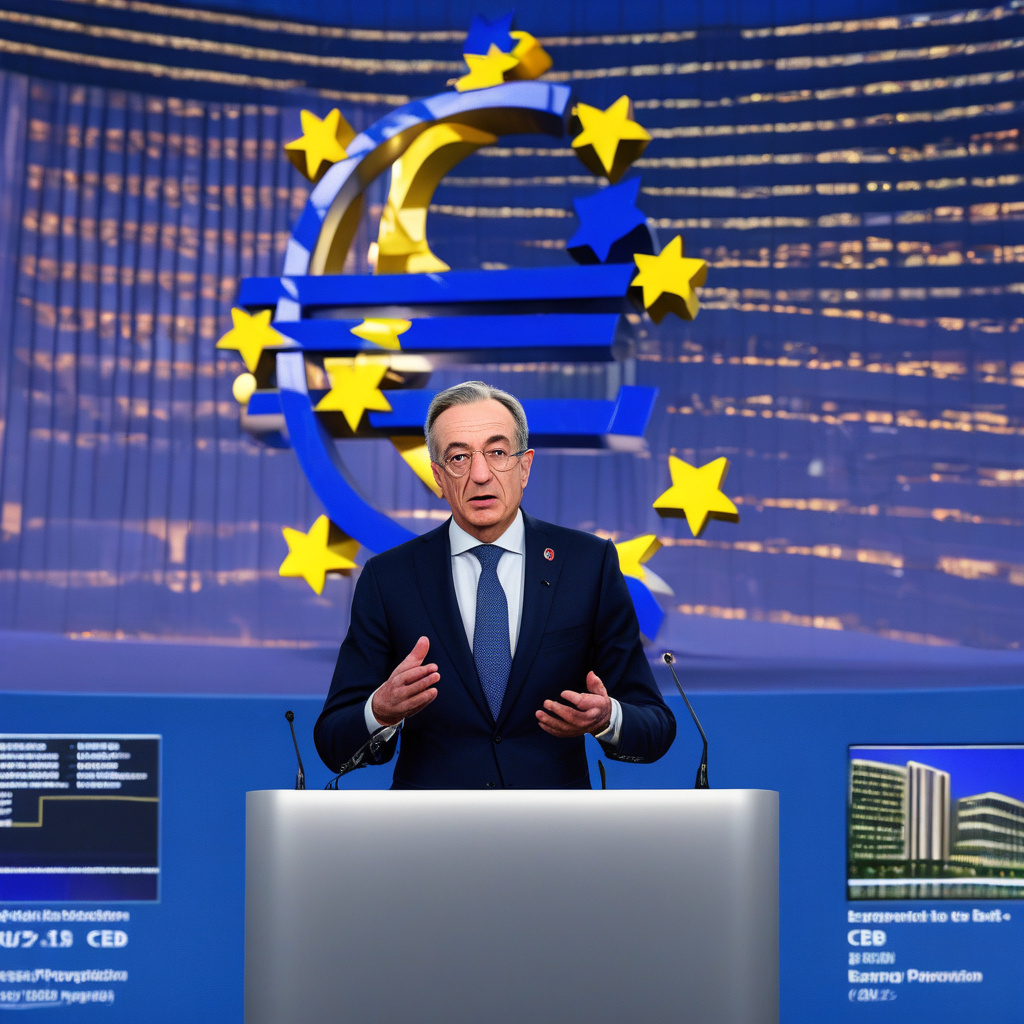Digital Euro: Europe’s Defense Against Foreign Payment Systems
The European Central Bank (ECB) has been making waves in the financial world with its recent push for the development of a digital euro. The move comes amidst growing concerns over the rise of US stablecoins and the potential threats they pose to Europe’s financial sovereignty. According to Fabio Panetta, a member of the ECB’s executive board, the introduction of a digital euro could help protect Europe from excessive reliance on foreign payment systems.
The concept of a digital euro is not new, but it has gained renewed interest in light of the increasing popularity of stablecoins, especially those backed by major US tech companies. These digital currencies, such as Facebook’s Diem (formerly Libra), have the potential to disrupt the traditional financial system and challenge the supremacy of central banks in issuing money. With the European Union still heavily reliant on non-European payment systems for cross-border transactions, the ECB sees the development of a digital euro as a strategic move to safeguard the region’s financial independence.
One of the key advantages of a digital euro is its potential to offer a secure and efficient means of payment for European citizens and businesses. By leveraging the latest advancements in blockchain and digital technology, a digital euro could provide instant, low-cost transactions that are not subject to the whims of foreign intermediaries. This would not only benefit consumers by reducing transaction costs and increasing financial inclusion but also help European companies compete on a global scale by offering them a reliable payment infrastructure.
Moreover, a digital euro could also serve as a tool for the ECB to implement monetary policy more effectively. By issuing a central bank-backed digital currency, the ECB would have greater control over the money supply and could directly influence interest rates and inflation. This would give the ECB the flexibility to respond to economic challenges more swiftly and efficiently, without being constrained by the limitations of traditional monetary policy tools.
In addition to its economic benefits, a digital euro could also address concerns related to data privacy and security. Unlike private stablecoins, which are often criticized for their opaque governance structures and potential misuse of user data, a digital euro would be subject to strict regulatory oversight and data protection standards. This would help build trust among users and ensure that their financial information is handled in a secure and responsible manner.
While the road to a digital euro is still fraught with challenges, including regulatory hurdles and technological complexities, the ECB’s commitment to exploring this innovative solution is a step in the right direction. As Europe seeks to assert its financial independence and strengthen its position in the global economy, the development of a digital euro could be a game-changer that reshapes the future of payments and monetary policy.
In conclusion, the ECB’s push for a digital euro reflects a strategic response to the rise of US stablecoins and the need to protect Europe’s financial sovereignty. By embracing digital innovation and harnessing the potential of blockchain technology, Europe has the opportunity to create a modern, efficient, and secure payment system that serves the needs of its citizens and businesses. As the world of finance continues to evolve, a digital euro could be Europe’s ticket to staying ahead of the curve and ensuring its position as a leader in the digital economy.
digital euro, ECB, stablecoins, European Union, financial independence












